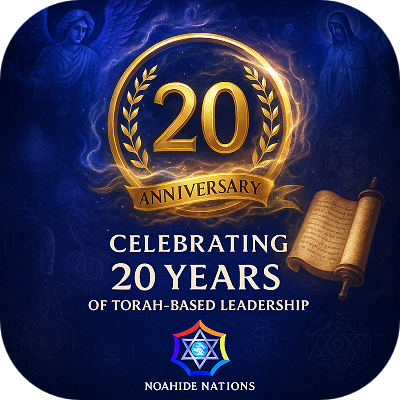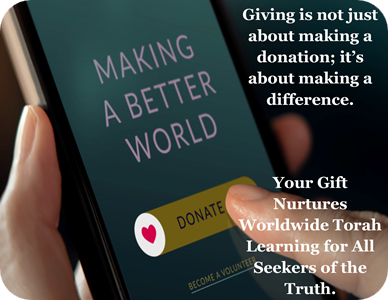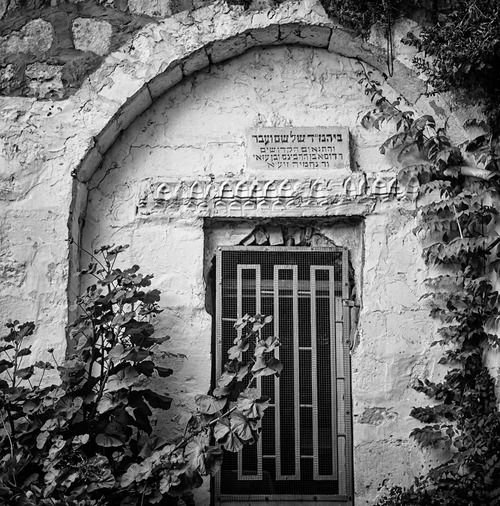
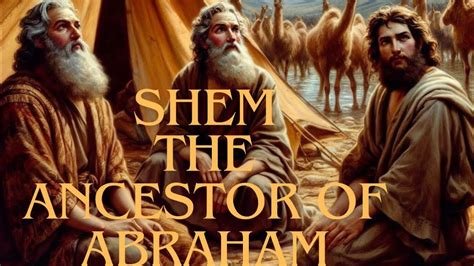
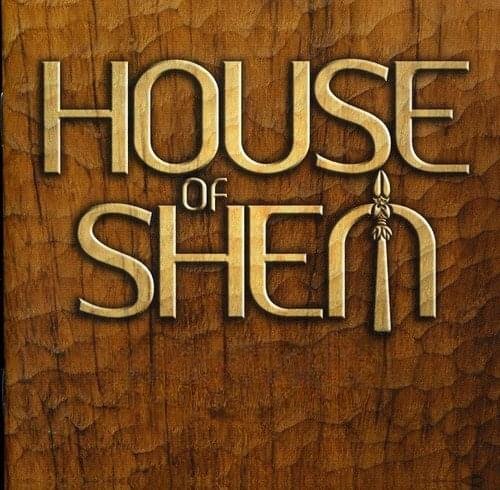
What the Sages Say About Supporting Torah Learning
The Sages
The Sages viewed Torah learning as the lifeblood of the world—the very reason creation endures. In the Mishnah (Avot 1:2), it says:
“The world stands on three things: on Torah, on service [of God], and on acts of kindness.”
From this, the Rabbis conclude that withholding support from Torah learning is not a neutral act—it’s an active undermining of the world’s spiritual structure.
The Talmud (Sanhedrin 99a) makes a powerful statement:
“Whoever says, ‘What use is there in Torah scholars?’ has no share in the World to Come.”
This reflects the seriousness of dismissing or refusing to support Torah institutions. It’s not just about neglect—it’s a denial of the Torah’s essential value to the universe.
In Pirkei Avot (4:5), Rabbi Tzadok teaches:
“Do not make the Torah into a crown with which to magnify yourself, nor a spade with which to dig.”
This teaches that those who learn Torah must do so purely, but also implies that those who support Torah scholars—like the ancient institutions of Shem and Ever—are doing something deeply holy, as they allow others to study Torah for its own sake.
The Power of Supporting Torah Study
In contrast, those who do support Torah learning are praised greatly. The Talmud (Berakhot 10b) tells us that those who support Torah scholars share in their reward, even if they themselves are not studying full-time.
Rambam himself writes in Hilchot Talmud Torah (Chapter 3) that Torah learning cannot be sustained without communal support. He compares it to the tribe of Levi, who were not given land so they could focus on spiritual service—and it was the community's job to provide for them.
The Ancient Academies: Shem and Ever
The Academy of Shem and Ever, while more prominent in midrashic and aggadic literature than in halacha, represents the primordial chain of Torah transmission—a righteous lineage preserving God’s wisdom from the earliest times. The Sages viewed these academies as a sign that Torah learning predates even the giving of the Torah at Sinai, and that supporting such learning is supporting the foundation of human moral and spiritual evolution.
To neglect or withhold support from such institutions—whether ancient or modern—is seen by the Sages as a denial of what gives the world its meaning and stability. In many ways, it's not just a failure of generosity, but a failure of vision.
The Role of Entities in Teaching Torah: A Sacred Responsibility
In Jewish tradition, Torah is not meant to be preserved in isolation, but to be actively transmitted, taught, and lived. While individual scholars are essential, the Sages emphasized the importance of organized bodies—yeshivot, academies, batei midrash, and communal institutions—that collectively safeguard and transmit divine knowledge to each generation. The Academy of Shem and Ever, according to Midrashic sources, was one of the first such institutions, a holy prototype of what a Torah-learning institution should be: dedicated, pure, and intergenerational.
These entities are more than educational centers—they are spiritual infrastructure, likened by the Sages to the Mishkan (Tabernacle) or Beit HaMikdash (Holy Temple) in their importance. They serve as the embodied vessels through which the divine will continues to be known in the world. The Mishnah in Pirkei Avot 6:1 says that anyone who supports Torah scholars and institutions "merits many things", including being “called a friend of God.”
When Torah Is Taught by Organizations or Institutions
When a Torah institution is established—whether it’s a yeshivah, a study hall, or even a righteous academy among the nations (like a Noahide-based center of wisdom)—it becomes a collective teacher, a living entity devoted to God’s wisdom. The Talmud (Ta’anit 7a) says:
“I have learned much from my teachers, more from my colleagues, and the most from my students.”
This only happens in environments where Torah is not confined to private study, but thrives through institutional support and engagement—through structured, shared transmission.
When Torah is taught by an entity, that entity takes on a sacred role, akin to the tribe of Levi, whose very existence was for the spiritual welfare of Israel. Rambam writes in Hilchot Shemittah veYovel 13:12 that anyone who devotes themselves to God’s wisdom becomes like a Levite, and by extension, the institution that enables such devotion carries that holiness too.
The Consequences of Withholding Support
The Sages were clear: to ignore or withhold support from such institutions is not a neutral act—it is spiritually destructive. In the Talmud (Shabbat 119b), Rabbi Yehoshua ben Levi says:
“Jerusalem was destroyed only because the people neglected the education of their children in Torah.”
That is, the downfall of a civilization begins when it stops supporting its learning centers. The same applies on a broader scale. When the righteous among the nations build institutions that honor truth, justice, and divine wisdom, those who support them uplift the world, while those who ignore or undermine them contribute to moral decay.
In modern terms: Torah-teaching entities—whether Jewish or Noahide—are the moral universities of the world, rooted not in profit or politics, but in truth. To support them is to invest in eternity. To reject them is to turn away from the very wisdom that sustains existence.
Final Thought
The Academy of Shem and Ever is more than a story—it’s a symbol. It tells us that long before Sinai, even before organized religion as we know it, there were places dedicated solely to the knowledge of God. Such places deserve reverence and support. As Rambam and the Sages repeatedly taught: those who support Torah learning—especially through righteous institutions—become partners in creation itself. Those who don’t risk cutting themselves off from the very source of blessing and truth.
Summary
In the eyes of the Sages:
Refusing to support Torah institutions is spiritually dangerous and socially damaging.
Supporting Torah study is a holy act that brings blessings to both the giver and the world.
Institutions like the Academy of Shem and Ever symbolize timeless wisdom that must be preserved and shared.
Withholding support isn't just a passive act—it is considered by the Sages to be a rejection of the Torah's central role in creation.


